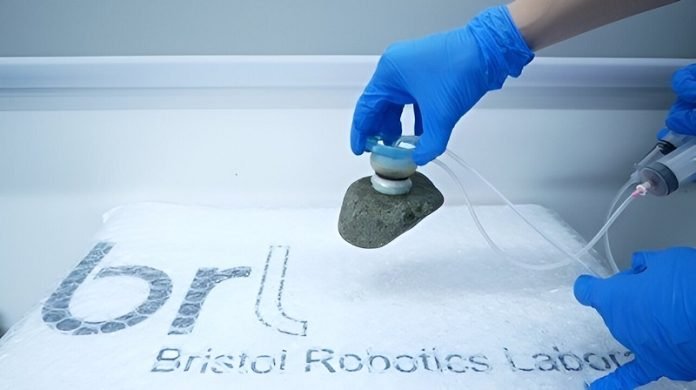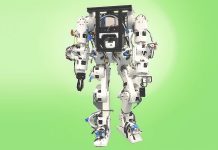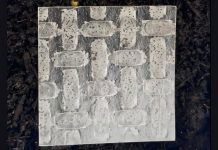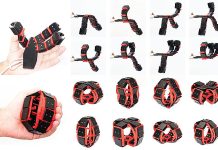
Researchers at the University of Bristol have developed an innovative robotic suction cup that mimics the gripping power of octopus suckers.
This new device can hold onto rough, curved, and heavy objects, like stones, more effectively than current models.
The development team, based at Bristol Robotics Laboratory, utilized insights from how octopuses attach to rocky surfaces to enhance the design of their suction cup.
Octopus suckers are known for their ability to adapt and stick to various surfaces, even those that are dry and complex like rocks and shells.
The team found that the secret behind this capability involves soft materials that mold to the shape of the surface and a liquid that seals gaps, improving the sucker’s grip.
Their research was recently detailed in the journal PNAS.
The new robotic suction mechanism includes multiple layers of soft materials that adapt to the shape of the object it is trying to grip.
This reduces the chances of air leaking through tiny gaps. The researchers also created an artificial system that releases water to seal off these tiny gaps, ensuring a stronger and longer-lasting grip.
Tianqi Yue, the lead researcher, emphasized the importance of this dual approach. By combining the soft, shape-adapting materials and the water-based sealing technique, the robotic sucker can handle a variety of surfaces with ease and efficiency.
This method not only mimics the natural abilities of octopuses but also saves energy by eliminating the need for constant air pumps used in traditional suction devices, which are typically noisy and less efficient.
The potential applications of this technology are vast, particularly in industrial settings where robots are often required to move and manipulate objects of various shapes and sizes. This could lead to the creation of more versatile robotic grippers, enhancing automation and efficiency in numerous sectors.
Furthermore, the research team is looking to make these suction cups even smarter. They plan to integrate sensors into the cups that can monitor and adjust the grip based on the object’s surface, making them more responsive and effective.
This breakthrough not only demonstrates the effectiveness of bio-inspired engineering but also opens up new possibilities for robotic adhesion technologies, making them more adaptable and environmentally friendly.
The team hopes that their work will lead to the development of next-generation robotic systems that can perform complex tasks with the same ease and precision as the natural world’s most adept grippers.
Source: University of Bristol.



